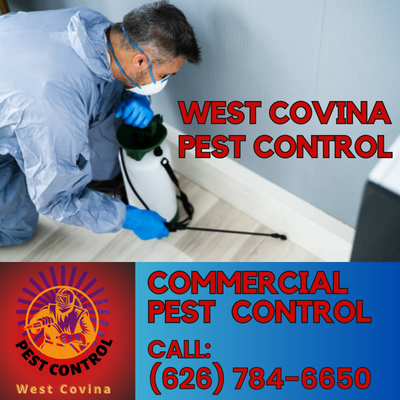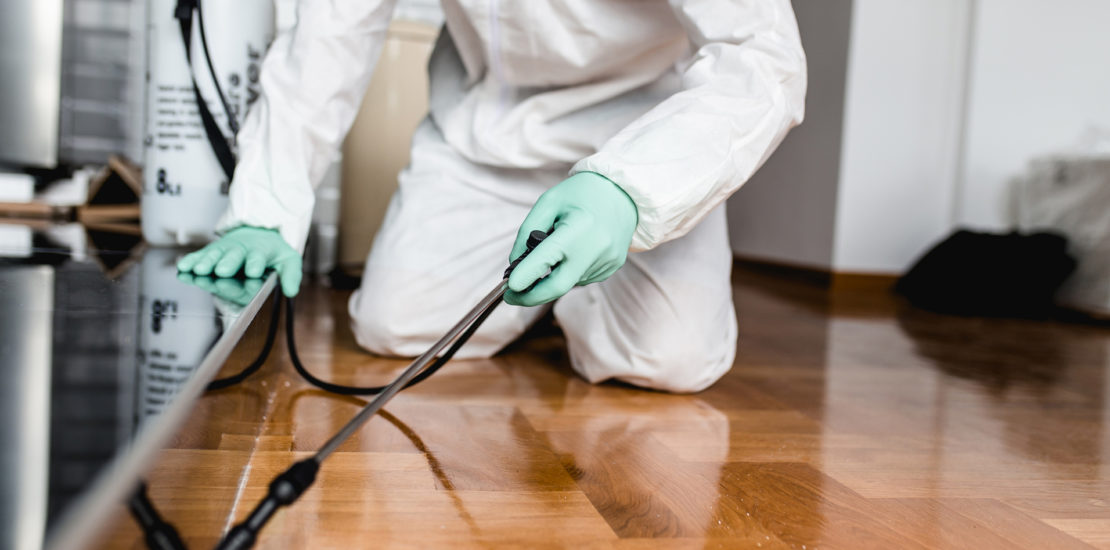Pest Control Clovis Done Right: Professional and Reliable
Wiki Article
Understanding the Different Methods to Parasite Control: A Comprehensive Guide

Natural Insect Control Techniques
Utilizing green strategies such as buddy planting and biological pest control is necessary for efficiently taking care of pests in agricultural setups. Buddy growing involves growing various crops in proximity to discourage bugs, boost nutrient uptake, and boost total crop health. Growing marigolds along with tomatoes can help fend off nematodes. In a similar way, intercropping maize with vegetables can disrupt the breeding patterns of parasites like corn borers.Organic bug control includes presenting natural predators or pathogens to regulate pest populations. Ladybugs, for example, eat aphids, managing their numbers without the requirement for chemical pesticides. One more instance is making use of Bacillus thuringiensis (Bt), a bacterium that targets certain insect bugs while being safe to people, animals, and valuable pests.
These eco-friendly methods not just lower the reliance on synthetic chemicals yet also help maintain biodiversity and soil health. By including all-natural bug control strategies into farming practices, farmers can accomplish lasting insect monitoring while reducing unfavorable influence on the atmosphere.

Chemical Pest Control Solutions
In enhancement to natural insect control approaches, the usage of chemical bug control remedies plays a significant function in properly managing pest populations in agricultural settings. Chemical pest control services are developed to target certain parasites that may cause considerable damages to plants. These options often contain synthetic pesticides that are developed to eliminate bugs swiftly and successfully.Among the vital benefits of chemical parasite control solutions is their effectiveness in controlling pest infestations widespread. Farmers can use these remedies making use of various approaches such as spraying, airing out, or seed therapy to secure their plants from dangerous bugs, weeds, and illness. Furthermore, chemical bug control services are fairly easy to use and can give quick results, helping farmers safeguard their returns and decrease financial losses.
Nevertheless, it is important to use chemical parasite control services judiciously to decrease potential unfavorable impacts on the setting, non-target microorganisms, and human health. Correct application techniques, adherence to safety and security guidelines, and normal tracking are important to ensure the liable use of chemical bug control services in farming practices.
Organic Pest Control Approaches
Biological bug control comes close to utilize natural predators or virus to take care of pest populations in agricultural settings successfully. One usual organic control strategy is the intro of natural opponents, such as ladybugs or parasitical wasps, to target certain parasites.An additional organic control method entails utilizing pathogens like germs, fungi, or infections to infect and eliminate parasites. In general, organic bug control approaches supply a sustainable and targeted remedy to pest administration in farming.
Integrated Insect Monitoring (IPM)
Integrated Insect Monitoring (IPM) is a thorough method that incorporates different parasite control techniques to look at here now properly manage and lessen pest populations in agricultural systems. IPM focuses on lasting prevention of bugs via a combination of biological, social, physical, and chemical control methods. By integrating these various strategies, IPM aims to minimize dependence on chemical pesticides, check my blog minimize environmental effect, and advertise lasting insect administration techniques.
One key aspect of IPM is making use of organic controls such as all-natural predators, parasites, and microorganisms to regulate bug populaces. This approach harnesses the power of nature to preserve a balance between bugs and their all-natural adversaries without causing harm to the environment.
Furthermore, IPM includes social techniques like plant turning, environment, and hygiene adjustment to develop unfavorable problems for pests and interrupt their life cycles. Physical controls such as obstacles, traps, and mulches are likewise used to stop bug invasions.
Physical and mechanical Parasite Control Strategies
Using non-chemical techniques, such as mechanical and physical pest control techniques, is an important aspect of comprehensive pest monitoring techniques, building on the structure of Integrated Insect Management's all natural technique. Mechanical insect control involves the usage of physical informative post obstacles or traps to stop parasites from accessing and harming crops or frameworks. This technique can include strategies like setting up screens on home windows, utilizing row covers in farming, or utilizing sticky catches to catch insects.Physical parasite control techniques, on the various other hand, focus on directly getting rid of pests via physical ways. Using warmth treatments to get rid of bed bugs or vacuuming up bugs like ants or crawlers can be reliable methods to take care of infestations without the usage of chemicals. By including these mechanical and physical parasite control methods right into an Integrated Pest Administration strategy, individuals and experts can minimize dependence on pesticides while still effectively lessening and taking care of pest populations damage.
Final Thought

In addition to natural pest control approaches, the use of chemical insect control solutions plays a substantial function in effectively taking care of pest populations in agricultural atmospheres.One of the essential benefits of chemical pest control remedies is their efficiency in regulating bug problems on a big range.Integrated Bug Management (IPM) is a thorough method that incorporates different parasite control approaches to successfully manage and lessen pest populations in farming systems.Making use of non-chemical techniques, such as physical and mechanical insect control strategies, is an important aspect of detailed parasite administration strategies, developing upon the structure of Integrated Pest Administration's all natural method. By including these mechanical and physical bug control methods right into an Integrated Parasite Management plan, experts and people can lower reliance on pesticides while still successfully taking care of pest populations and reducing damage.
Report this wiki page